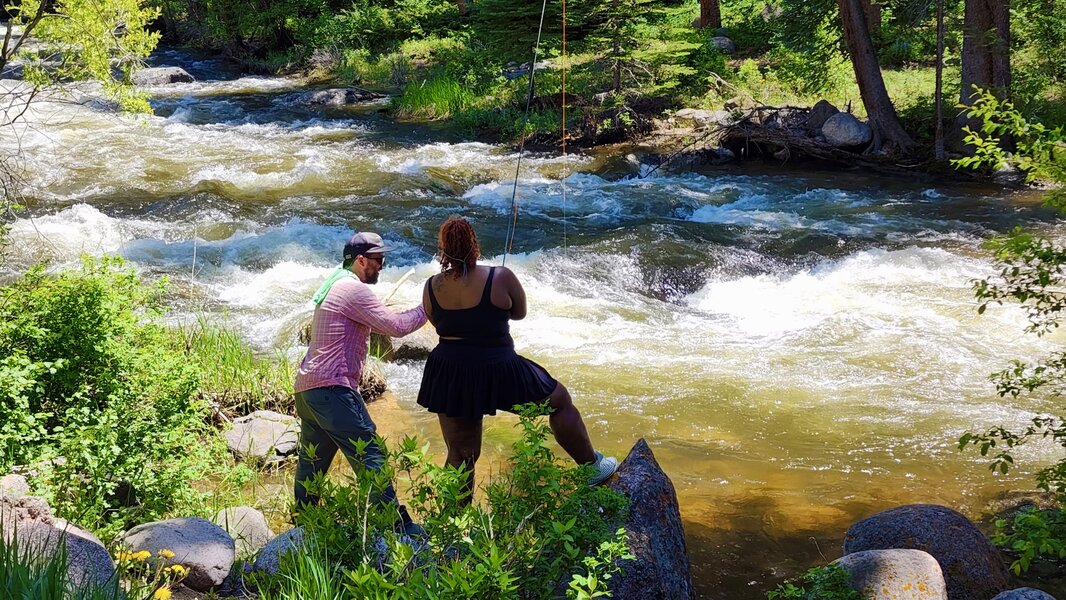Outdoor spaces have traditionally been viewed as areas for recreation and leisure, but recent discussions emphasize that these spaces should be accessible and welcoming to all individuals, regardless of background or ability. The phrase ‘The Outdoors Belong to Us, Too’ underscores the movement to democratize access to nature and outdoor activities.
Historically, marginalized communities, including people of color, individuals with disabilities, and low-income groups, have faced significant barriers to enjoying outdoor environments. These obstacles include a lack of nearby parks, unsafe neighborhoods, and insufficient facilities that cater to diverse needs. As a result, many are deprived of the physical and mental health benefits that outdoor recreation offers.
Advocates argue that public outdoor spaces should be designed with inclusivity in mind. This involves creating accessible trails, providing adaptive equipment, and ensuring safety and comfort for all visitors. Urban planners and policymakers are increasingly recognizing the importance of equitable access, working to eliminate disparities and promote diversity in outdoor recreation.
Community-led initiatives play a vital role in this movement. Local organizations often collaborate with city governments to develop programs that encourage participation from underrepresented groups. These initiatives may include guided nature walks, outdoor education programs, and events specifically aimed at engaging marginalized communities.
Moreover, the conversation extends beyond physical access. It also involves addressing social and cultural barriers that discourage certain groups from engaging with outdoor spaces. This includes fostering a sense of belonging and ensuring that outdoor environments are free from discrimination and harassment.
In recent years, there has been a growing recognition of the importance of outdoor spaces for mental health and well-being. Access to nature has been linked to reduced stress, improved mood, and increased physical activity. Therefore, ensuring that everyone can enjoy these benefits is a matter of social justice and public health.
Efforts to promote inclusive outdoor recreation are gaining momentum worldwide. Governments, non-profits, and community groups are working together to create policies and programs that prioritize accessibility and diversity. These initiatives aim to transform outdoor spaces into environments where everyone feels welcome and empowered to connect with nature.
Ultimately, the goal is to foster a culture that values and respects the diverse ways people experience and enjoy outdoor environments. By breaking down barriers and promoting inclusivity, we can ensure that the outdoors truly belongs to us all, enriching our lives and strengthening our communities.
